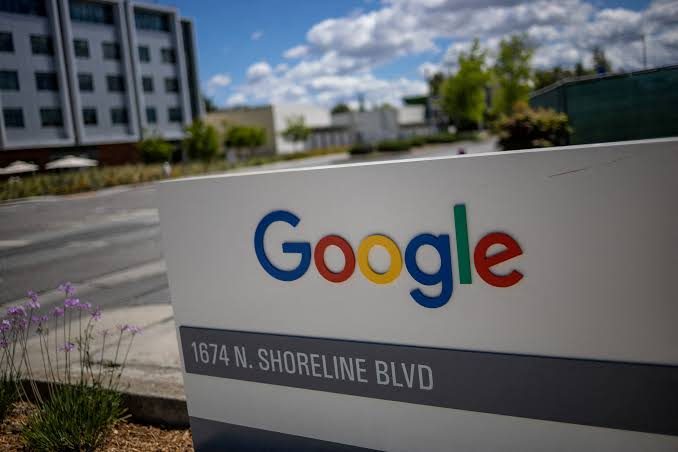Australia Fines Google $36m for Anticompetitive Search Engine Deals
Google will pay AU$55 million after admitting anti-competitive deals with Telstra and Optus.
The contracts blocked rival search engines on Android devices, reducing consumer choice in Australia’s market.
Google has agreed to pay a fine of 55 million Australian dollars (about $36 million) after admitting to anticompetitive arrangements with Australia’s two largest telecommunications providers, Telstra and Optus.

The Australian Competition and Consumer Commission (ACCC) announced the settlement on Monday, August 18, noting that Google’s Singapore-based Asia-Pacific division entered into agreements with the telcos that effectively blocked rival search engines from being pre-installed on Android smartphones sold to customers.
According to the regulator, the contracts, which ran for 15 months until March 2021, guaranteed that Google Search would remain the sole default search engine option on the devices. In exchange, Telstra and Optus received a portion of advertising revenue generated from user searches.
The ACCC explained that Google conceded the deals were likely to “substantially lessen competition” in Australia’s digital search market. While the Federal Court is set to determine whether the AU$55 million penalty is appropriate, the company has also entered into a court-enforceable undertaking requiring it to lift such restrictions in future contracts with Android phone makers and telecom operators.
Google, in a statement, said it was satisfied to resolve the issue, adding: “We’re pleased to resolve the ACCC’s concerns, which involved provisions that haven’t been in our commercial agreements for some time.”
ACCC chair Gina Cass-Gottlieb welcomed the development, stressing that anti-competitive practices undermine consumer choice. “Conduct that restricts competition is illegal in Australia because it usually means less choice, higher costs or worse service,” she said. She added that the ruling is particularly significant as artificial intelligence is reshaping how people search for information, creating fresh opportunities for competition in the market.



